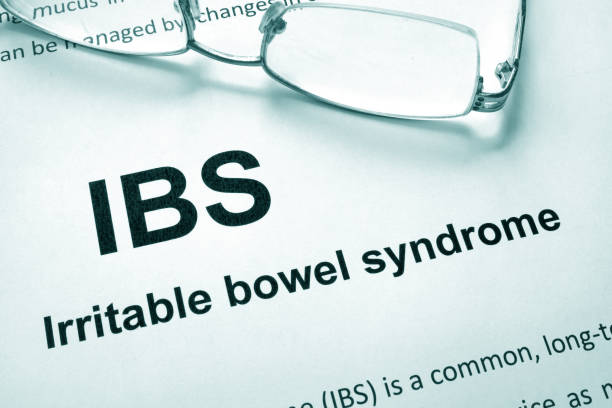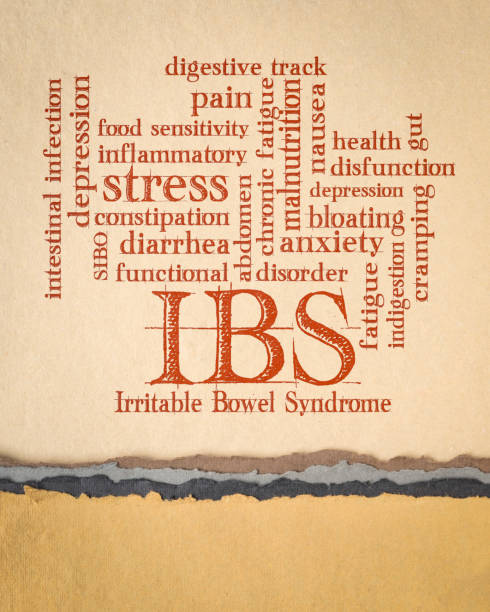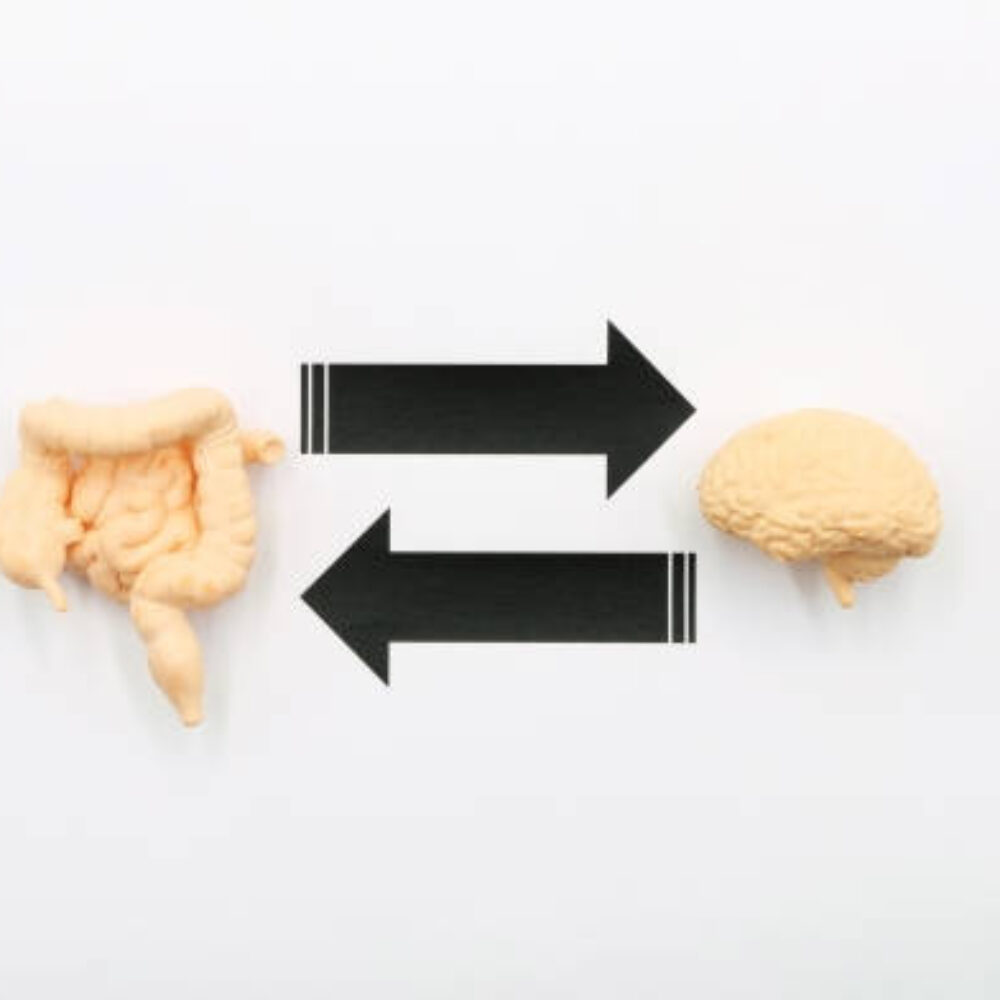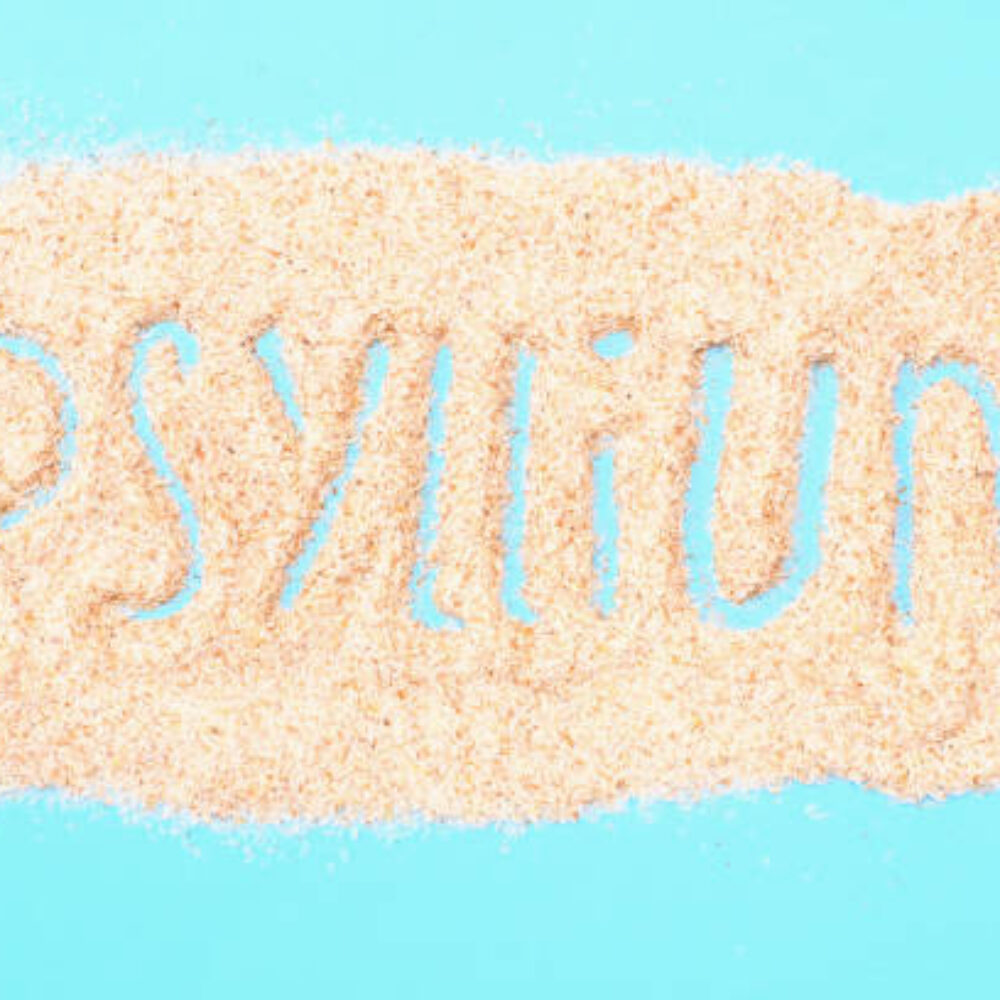Irritable Bowel Syndrome, or IBS, is a well-known problem in world. Many people suffer from stomach problems. Diet has a special relationship with the symptoms of IBS patients. So doctors ask IBS patients to be aware of their diet.
For a related reason, IBS patients are also apprehensive about food. Because of that fear, many people abstain from various foods, including vegetables. But that’s not entirely true. If the problem of IBS occurs, then the diet should be followed as per the doctor’s advice.

Symptoms of IBS
Constipation and diarrhea may alternate in patients with this disease. Sudden, severe abdominal pain occurs many times, and the stomach may twist, necessitating immediate toilet visits. Abdominal pain and flatulence are reduced after bowel movements, making the patient feel relaxed.
In addition, many people experience gas in the stomach, pass mucus in their stools, and feel the need to pass stools again shortly after. Indigestion and heartburn may also occur. This problem is aggravated by increasing mental anxiety due to various reasons. IBS can manifest differently in each patient. Some experience more pronounced constipation, while others suffer mainly from diarrhea or stomach cramps.
What to do to prevent IBS-related constipation?
Drink enough water. Eat enough soluble fiber or foods high in soluble fiber, such as citrus fruits, pulses, almonds, sweet potatoes, pears, carrots, and cucumbers.
What to do to prevent IBS-related diarrhea?
Many foods, such as those high in fiber, can worsen IBS-related diarrhea. Avoid foods containing insoluble fiber, including nuts, potatoes, cauliflower, cabbage, and green vegetables. Many IBS patients are lactose intolerant and must avoid milk and dairy products.
Are IBS patients forbidden to eat vegetables?
There is no specific diet for IBS patients; however, they must identify which foods are causing problems and exclude them from their diet.
IBS sufferers can eat vegetables. In fact, lettuce and spinach are beneficial for the intestines. Therefore, vegetables should be consumed regularly. Vegetables contain certain ingredients that can increase the number of beneficial bacteria in the gut, which reduces problems like gas and flatulence.
Vegetables such as carrots, corn, potatoes, and tomatoes are beneficial in this case. Ensure vegetables are washed well and cooked with minimal oil, as excess oil can affect their quality. Additionally, include fruits in your daily diet. Short-chain carbohydrates in fruits can promote stomach health. Bananas, avocados, papayas (especially raw), strawberries, and kiwis are very beneficial. Therefore, aim to consume fruits and vegetables regularly.

In addition to these, the following rules should be followed:
To deal with stress, consult an expert if necessary:
You should manage your stress if you have IBS problems because stress can increase IBS symptoms. You can manage your stress by doing meditation, yoga, and daily exercise. If these things do not help, consult an expert.
Increase your water intake:
Drink a minimum of 7-8 glasses of water a day. It will help hydrate your body and relieve symptoms like constipation. Start your day by drinking water.
Excess fat and sweets should be avoided:
Avoid excess fat and sweet food. Fried and spicy food can also be problematic for IBS patients.
Food should be chewed well:
Chewing food properly helps digest food quickly. Take your time while eating, and don’t eat too fast.
Strong tea and coffee should be consumed as little as possible:
Avoid tea or coffee, or if not possible, consume them as little as possible. You can drink herbal tea instead. Herbal teas like ginger, mint, cardamom, and clove tea are beneficial for IBS patients.
It is better not to eat stale food:
Avoid eating stale food. Stale food can increase IBS symptoms like vomiting, nausea, and gas. So, avoid stale food.
Eat regularly and at the same time every day:
Don’t skip meals and maintain a regular eating schedule. Don’t wait too long to eat breakfast.
Stop waking up at night and get enough sleep:
It is not a good habit to stay awake at night and sleep in the morning. Sleep for at least 7-8 hours. 10 PM to 5 AM is a good time for quality sleep.
Avoid soft drinks and alcohol:
Soft drinks and alcohol are not good for gut health. Soft drinks have a lot of sugar, which is bad for our gut. Avoid these drinks.
Overeating:
It is not right to eat more food than necessary. It will aggravate the problem by disrupting digestion.



